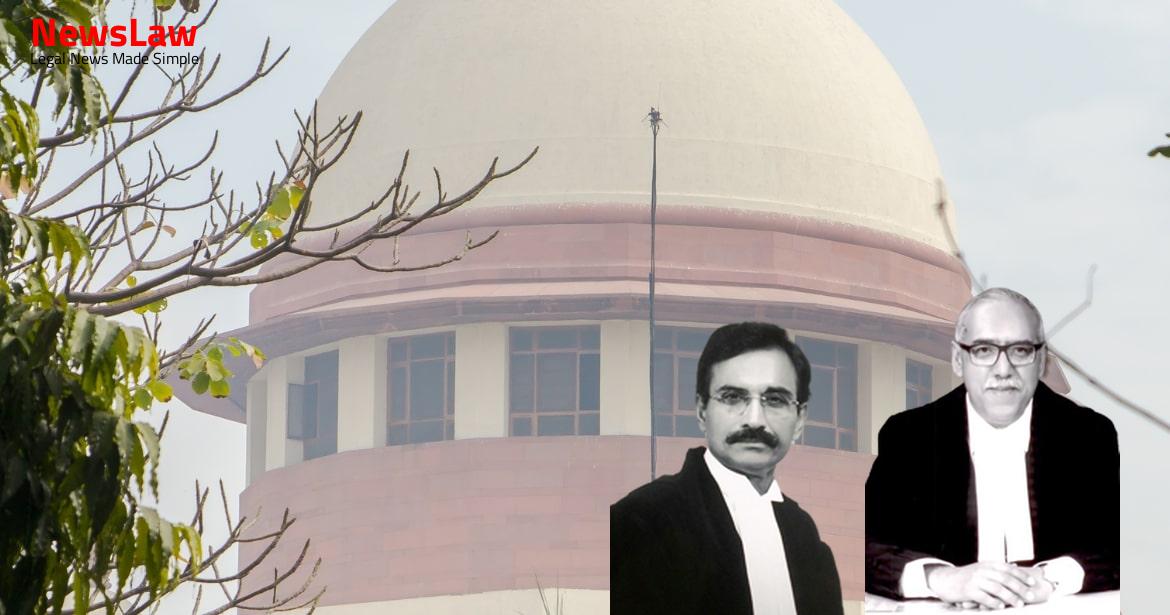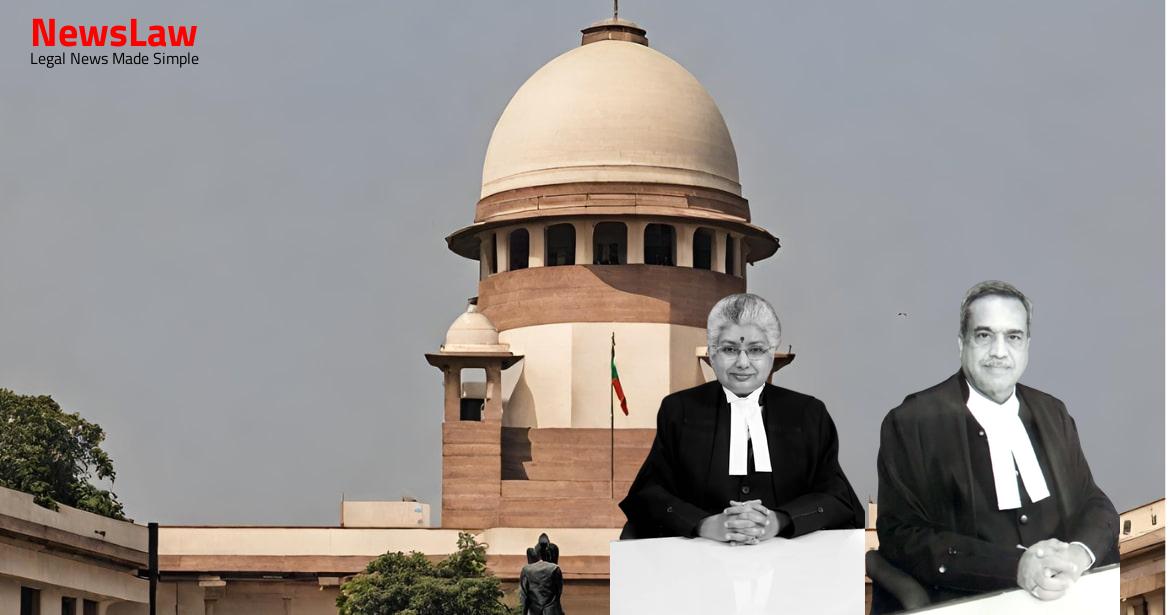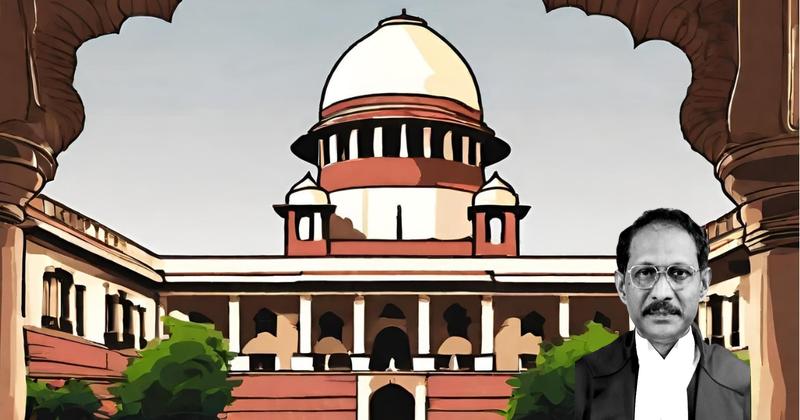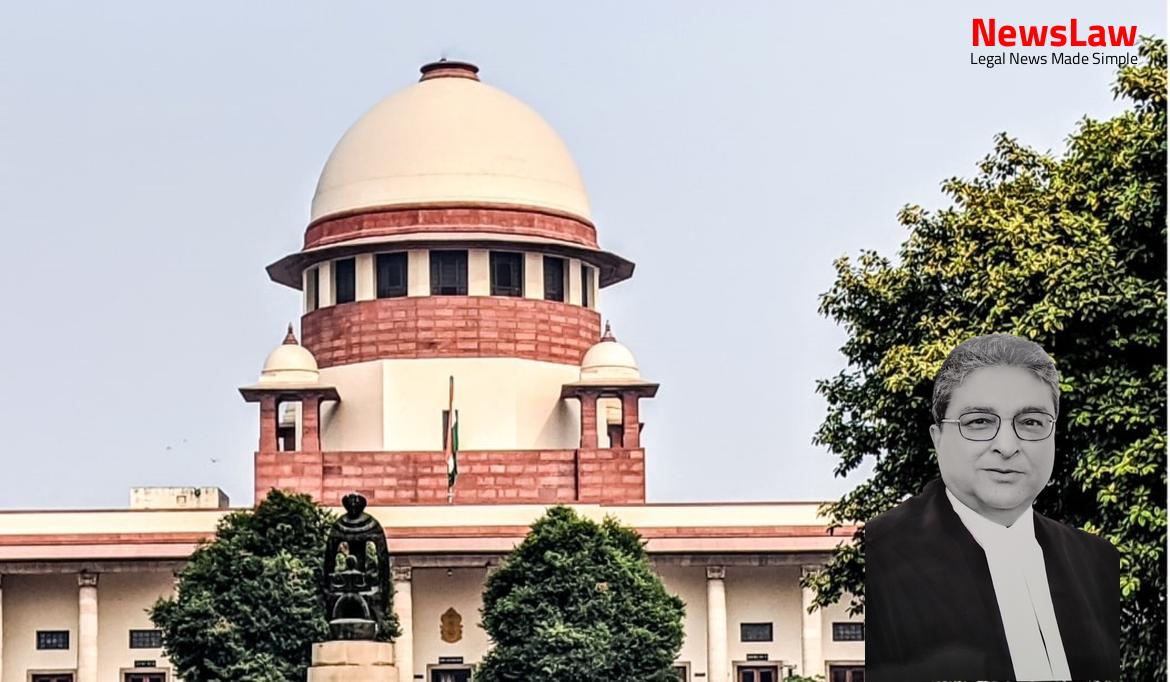In the case of Appellant vs. Respondents, the dispute arose over the non-empanelment of the Appellant for promotion to the rank of Major General in the Indian Army. The Appellant challenged the decision, citing arbitrariness and violation of promotion policy instructions, claiming infringement of Articles 14 and 16 of the Indian Constitution. The Tribunal initially dismissed the Appellant’s plea, but a subsequent appeal led to a successful reconsideration for empanelment. This case highlights the significance of fair promotion policies in military ranks under the constitutional framework.
Facts
- Appellant filed an Original Application seeking various reliefs related to his non-empanelment for promotion to Major General.
- Appellant belongs to the 1981 batch and alleged arbitrary exercise of power by the Respondents for his non-empanelment.
- Quantified system introduced in 2009 for transparency in promotions.
- Factors considered by Selection Board include War/Operational Reports, Course Reports, Annual Confidential Reports, performance in appointments, honours/awards, and disciplinary record.
- The Tribunal distinguished between Armed Forces personnel and persons holding civil posts under the State.
- Selection is based on the overall reckonable profile of an officer in comparative merit within the batch as evaluated by the Selection Board.
- The Tribunal found no illegality or patent material irregularity in the constitution or procedure followed by the Selection Board.
- The overall reckonable profile of the Appellant was taken into account by the Selection Board, according to the Tribunal.
- The Tribunal affirmed that the decision of the Selection Board cannot be substituted by a court of law.
Also Read: State of Karnataka v. [Respondent]
Arguments
- The Appellant claimed that his non-empanelment was due to malice in law, but the Tribunal did not accept this contention.
- Mr. Dave argued that the Appellant is entitled to empanelment as a Major General as per promotion policy.
- Arguments were presented by Mr. Dushyant Dave and Indra Sen Singh for the Appellants, and Mr. R. Balasubramanian for the Respondents.
- The Appellant contended that his non-empanelment was arbitrary and violated the promotion policy instructions, thus infringing Articles 14 and 16 of the Indian Constitution.
- Empanelment of Appellant to rank of Major General considered by First Board and Review Board before superannuation in 2015.
- Selection Board found Appellant not fit for empanelment.
- Action of Respondents in not complying with policy while considering Appellant for empanelment deemed arbitrary and vitiated by malice in law.
- Promotion policy from 1987 onwards highlighted to show breach by Respondents.
- Appellant as only Brigadier from Army Intelligence Corps considered for empanelment in 2015, not compared to officers of earlier batch as feared by Appellant.
- No inherent right to promotion stated by Respondents, right conferred by Articles 14 and 16 of Constitution of India is the right to be considered.
- As Appellant was not empanelled after proper consideration as per Army Headquarters’ instructions, Courts cannot interfere and substitute their opinion in selection process.
Also Read: Legal Analysis of Entrance Exam Regulations in AYUSH Courses
Analysis
- The Appellant was not recommended for empanelment despite scoring high marks in the evaluation.
- The Appellant argued that the Selection Board cannot solely rely on value judgment without considering other criteria he excelled in.
- The quantification system was introduced to ensure fairness and impartiality in promotions within the Army ranks.
- The Appellant was the only eligible Brigadier from his batch for promotion to Major General in 2015.
- Article 16 of the Constitution confers the right for fair consideration for promotion.
- The Selection Boards are required to assess all eligible officers objectively based on set guidelines.
- Emphasis is placed on CRs, courses, honors, awards, and other performance criteria for promotion.
- The Appellant’s lack of promotion was attributed to a perceived lack of potential for higher rank responsibilities.
- Character qualities, disciplinary history, and decorations are crucial aspects considered in promotion decisions.
- The policy on promotions and the quantification system prioritize CRs for assessment.
- The non-empanelment of the Appellant for promotion as Major General is contrary to the promotion policy.
- Judicial scrutiny of a decision does not depend on the rank or position held by the decision maker.
- All power vested in the authorities must be discharged in accordance with the principles laid down by the Constitution and other governing statutes or rules/regulations.
- There is no presumption that a decision taken by persons occupying high posts is valid; the court is concerned with the legality and validity of the decision regardless of the rank of the decision maker.
- The law laid down for government servants in civil posts may not necessarily be applied in the same way to Armed Forces personnel in this case.
Also Read: Challenging Foreign Contribution Regulations: Legal Analysis
Decision
- The Appellant, despite securing 87.973 marks out of 100, was not empanelled for promotion to the rank of Major General.
- The rejection was based on the value judgment of the Selection Board.
- Similar facts were observed in Civil Appeal No. 5751 of 2017.
- The Original Application filed by the Appellant was dismissed by the Tribunal.
- The Appeal is allowed based on the judgment in Civil Appeal No. 5751 of 2017.
- The Appellant is entitled to reconsideration for empanelment through a Review Selection Board following the promotion policy outlined in this judgment.
- The Respondents are directed to complete the reconsideration exercise within six months from today.
- The judgment of the Tribunal is set aside and the Appeal is allowed.
Case Title: BRIG. NALIN KUMAR BHATIA Vs. UNION OF INDIA AND ORS . (2020 INSC 167)
Case Number: C.A. No.-005751-005751 / 2017



